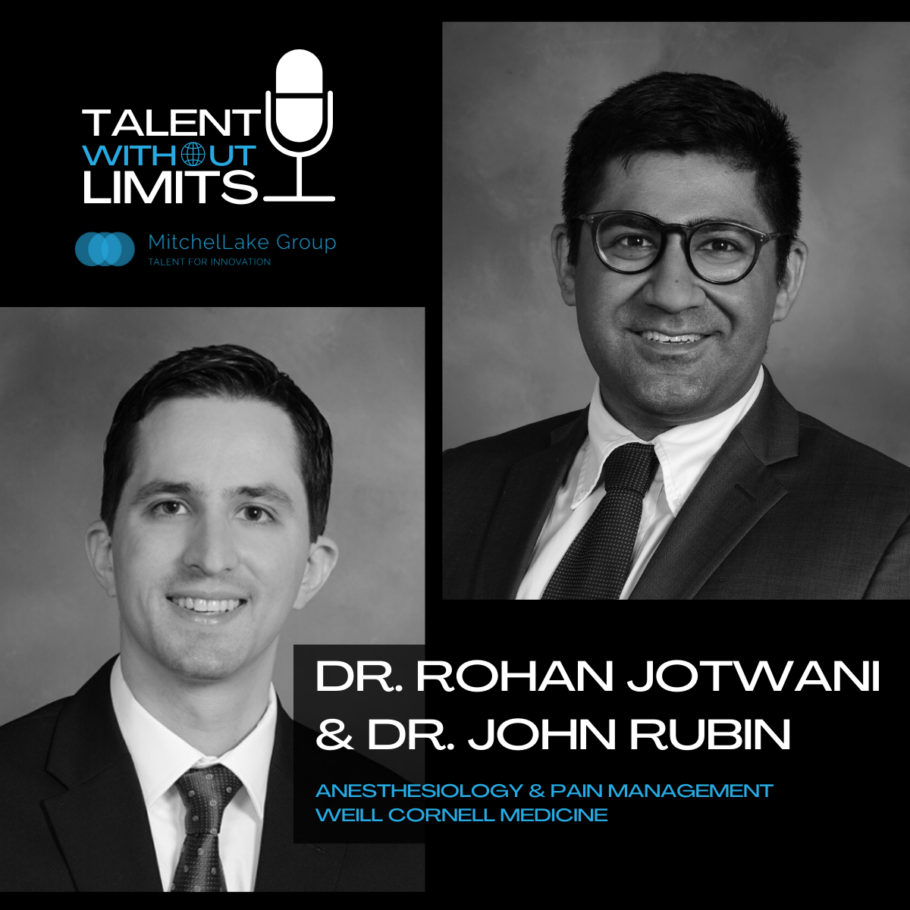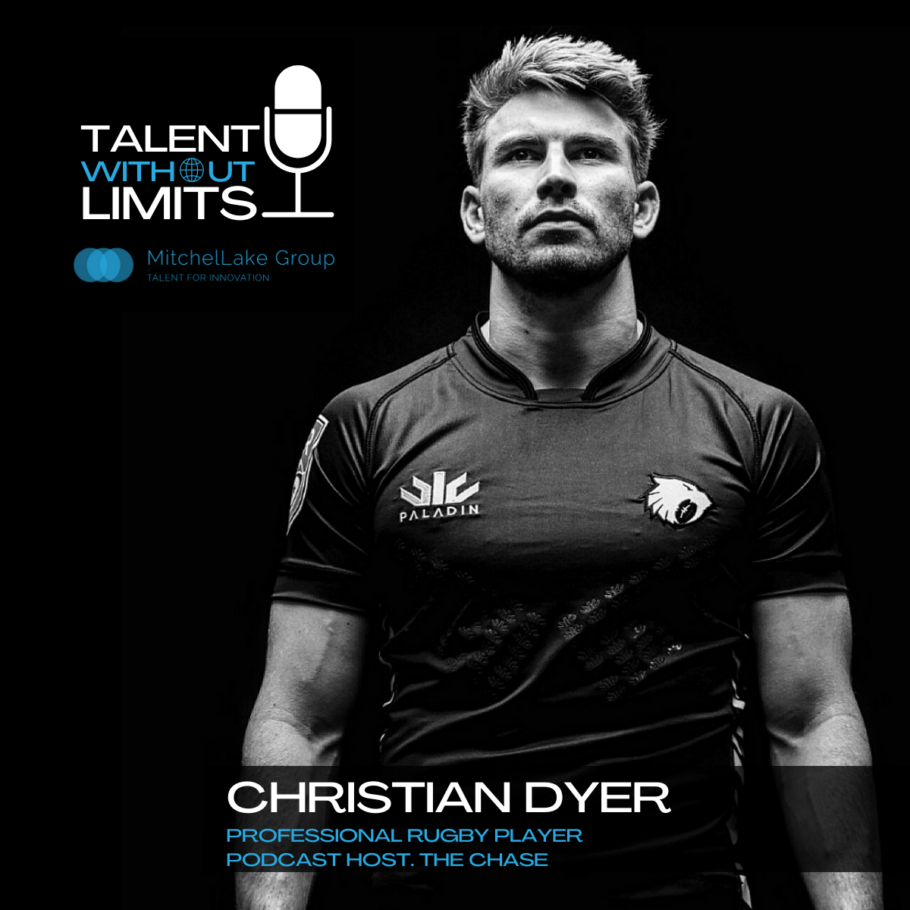FinTech Interviews: Uno Home Loans Posted at 0:00, Sun, 11 June 2017 in Profiles
In the second of my series interviewing FinTech CEOs, I sat down with Vincent Turner, the CEO of Uno Home Loans.
Matthew Parker: There have been a few new Mortgage brokering businesses launch over the past 2 years, why is this happening now? What has created the right circumstance for this to occur?
Vincent Turner: Good question… One of the drivers is that it’s one of the last transactions left to do digitally. People are now more comfortable applying for financial products online such as credit cards and loans, not just researching and comparing. As people become more comfortable transacting online with their holidays or flights or clothes, they start to think “why not money too?” Ultimately people want a digital service and there is now an impetus from a customer and commercial perspective.
We’re also seeing success globally with financial software that would have been previously accessible to only brokers, banks, accountants or wealth managers, being made available to the public; such as SoFi and Wealthfront in the US. These companies are really financial services companies, not technology companies. They are very competent at customer engagement, with a high touch model using customer service and sales. Alongside great digital marketing, branding, and engineering to back that up with great data to understand how the customers are being serviced. They were not just using marketing to trap customers into traditional services.
MP: In the context of an increasingly competitive market, why is UNO different?
VT: In our case, it’s definitely the iceberg effect. What customers see is 20% of the core product capability, but there’s so much happening underneath. 40% of what we’ve built is the software for the customer services team so they can be rockstars to answer questions. Whilst their on the phone they can run algorithms for each customer to make sure they’re getting the best product for them. For a broker, it may take most of a day to collect all the relevant information, compare appropriately and call the customer back.
The next 40% is our engineering and relationships that enable us to plug in to 93% of banks in Australia. We also have direct accreditation with most lenders and institutions.
MP: Why have you chosen to partner with Westpac? Does this go against the FinTech “ethos” of “disrupting the banks”?
VT: Disrupt the outcome for the consumer.. Don’t focus on the competitor, focus on the outcome. There’s going to be winners and losers in the next 10 years. Winning doesn’t mean putting the banks out of business, it means improving all the customer outcomes. For mortgages, this could be price, or product experience but ultimately it’s a unique product that is customised for them and improves their outcome. Westpac has demonstrated through their investments that they are interested in the future of banking and know that it’s not going to look the same in 10 years time. They are also interested in changing the customer outcome. But also, just to be clear, they don’t get special treatment through our product (as hard as that is for people to believe). If they offer the best product, they get the deal, but really, 30% of business goes to major banks, 30% with tier two lenders, and 40% with specialist lenders.
They also enabled us to be where we are today. No VC realistically would have invested $16.5million in us, especially when a chunk of that was pre-launch, but that enabled us to hire great people, build our product and release it very quickly. We couldn’t have done this with half a million of seed funding.
MP: Talking about people; you were able to hire a fantastic executive team early on, why did you choose to do this, and how did you prioritise your hiring?
VT: Well, we founded Uno on January 4th and launched our first product on May 27. We had to build a product across 4 platforms, create a strong brand, sign 19 lenders and onboard them, and hire and build a customer service team… Pretty hectic. We hired people for very clear jobs who executed on a specific task. At launch we had 29/30 people, and now we have 38. It was absolute mayhem! Fortunately we knew most of the people already, and they backed us and we had the capital to get them on board.
We ended up taking quite a few people out of a corporate environment, which was a bit of a trial by fire for some people. Culturally working in this sort of business going through that much change is really different as there’s no structure or process, you just have to own every decision. There’s an adjustment that has to happen, and unfortunately some people just don’t land on their feet.
Interestingly, we decided on “culture” really early on, and looking back, they were totally wrong, just words you’d find on a motivational poster… We needed values that would help us make decisions, this ended up being; “Design matters”, “Make complex things simple” and “make data informed decisions”.
MP: So if you had another run, what would you do differently?
VT: I would have loved to have had more time to hire in a more deliberate fashion, onboard, and structure everyone’s roles. I’ve been a founder before, but never had to recruit and manage people in the same way so that’s been a massive learning curve and i’m still learning. Also I’ve realised that you have to make decisions to internalise skills vs outsourcing. For example, compliance we outsourced for a long time until we hired our Compliance Manager, and now it’s ingrained into everything we do and we’re really good at it. There are no shortcuts to the things that are core competencies to your business.
MP: You have a few people who are in Product roles at Uno, what does “product” mean to you and why is it important?
VT: A couple of quotes to throw at you “You can’t polish a turd” – so unless the product is good you’re wasting your time. And “Nothing kills a bad product faster than good marketing” – if people are coming onto our platform and it’s awful, then our business will fail. For us, the product team focuses on supporting the user to achieve the outcome they want to achieve in whatever way possible, and a large part of this is creating an awesome customer services platform for our services team here. We’ve been able to ship product every 2 weeks and learn really quickly which has been great. Every iteration is with the mindset of “will this enable the customer to have a better outcome?”
MP: So where next for Uno? Where do you see the business in the next 6 months?
VT: We’re coming out a really fun first year, and now we’re focusing on scaling the business. For us that means fine tuning what we’re doing and ramping up what we’re doing at the front to improve customer acquisition. We also need to grow our servicing team while improving the back end so they can do a better job. We’re currently doing 10x annualised growth at the moment and we would be expecting to do 4x the business next year.
MP:Any final words for prospective entrepreneurs?
VT: People tend to think there’s two models to take a business to market – either bootstrap or take venture funding. But I feel there’s a third option which is do what we did – find someone with a strategic alignment to what you’re doing and who has deeper pockets.
This has really enabled us to grow quickly and given us a fantastic board to ask us the right questions. I would love to see other entrepreneurs think about strategic investors that would be interested in what they’re doing.
Check out Uno Home Loans here, and stay tuned for my next blog with another one of Australia’s leading FinTech CEOs.



